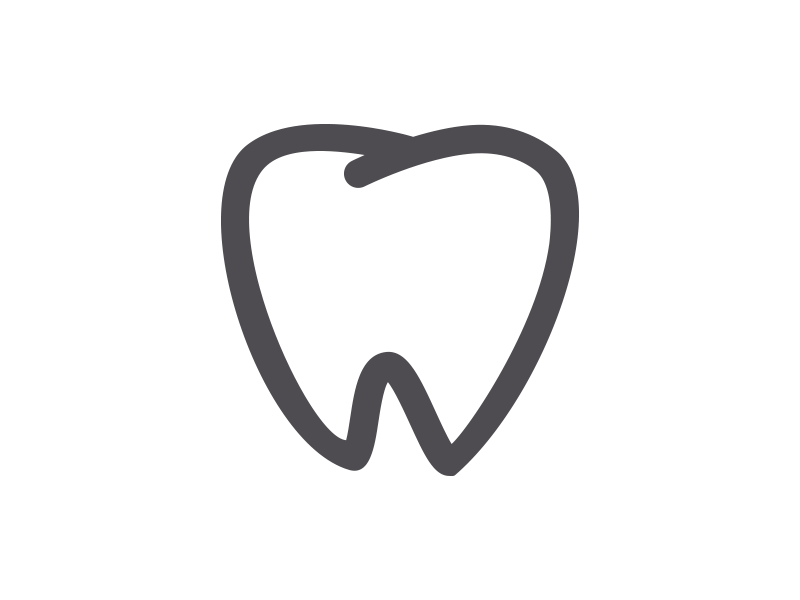Dental Implants
Dental Implants
Dental Implants
Nothing can take the place of a healthy set of natural teeth. But when disease or an accident ends in tooth loss, it’s good to know that there are options for restoring your smile. You may want to choose dental implants if you:
- are self-conscious because you have missing teeth
- wear dentures that are uncomfortable for you
- are unsatisfied with your removable partial dentures
- do not want to have intact tooth structure removed to have a fixed bridge placed
Many patients choose implants to replace a single tooth, several teeth, or to support a full set of dentures. Implants are posts that are surgically placed in the upper or lower jaw, where they function as a sturdy anchor for replacement teeth. They are made of titanium (a strong, lightweight metal) and other materials that are accepted by the human body.
Implants are a popular and effective way to replace missing teeth. The development and use of implants has been one of the biggest advances in dentistry in the past 40 years. U.S. dentists place more than 5.5 million implants annually.

Missing tooth
|

Missing tooth replaced by a dental implant
|
The Benefits of Implants
Implants fuse with the jawbone, offering firm support to man-made teeth. Dentures, bridges or single teeth mounted to the implants won’t slip or shift in your mouth-a very important benefit when eating and speaking. This secure fit also helps man-made teeth feel more natural than typical bridges or dentures. And dental implants help to preserve the bone after teeth are lost or extracted. Implants are a good value, because they can last a lifetime with good care.
Single Tooth Implants
The single tooth implant replaces the missing tooth’s roots. A single tooth implant is a stand-alone unit and does not involve treating the teeth next to it.

Natural tooth and root
|

Dental implant and crown
|
If you are missing one or more teeth, there are plenty of reasons to correct the problem:
- A large space between your teeth, if obvious when you smile or speak, is a cosmetic concern.
- Missing teeth may affect how you speak.
- Missing a molar might not be noticeable when you talk or smile, but its absence can affect chewing.
- When a tooth is removed, the biting force on the remaining teeth begins to change. If a missing tooth is not replaced, the surrounding or the opposing teeth can shift.
- Bone loss can occur around the missing tooth.
Implant-Supported Bridges and Dentures
Dental implants may be used to support a bridge when several teeth are missing. The bridge replaces the lost natural teeth and some of the tooth roots. An implant-supported bridge does not require support from surrounding teeth.
If you are missing all of your teeth, an implant-supported denture can replace the missing teeth and some of the tooth roots. Because the dental implants integrate with the jawbone, an implant-supported denture tends to be comfortable and stable, allowing you to bite and chew naturally.
Implant-Supported Denture

Before
|

With Implants
|

After
|
Implant-Supported Bridge

Missing teeth
|

A bridge is placed on implants
|

After the bridge is placed
|
What Is Involved in Implant Placement?
Many kinds of implants are available. Treatment can take only one day, or it can take several months, or somewhere in between. Your dentist and you can discuss which type of implant is best for you.
Implant treatment usually involves three basic steps:
• Placement of the Implant
Your dentist will carefully locate where the implant should be placed, using x-rays or other pictures. Then the dentist surgically places the implant into the jawbone. You may have some swelling and/or tenderness after surgery. Your dentist may prescribe pain medicine to ease the discomfort. During the healing process, your dentist may tell you to eat soft foods.
• Healing Process
What makes an implant so strong is that the jawbone grows around it and holds it in place. This process, called osseointegration (OSS-e-o-in-te-GRAY-shun), takes time. It may be several months before the implant is completely integrated into the bone. Then the patient can get the permanent replacement tooth or teeth. In many cases, the implant and temporary replacement teeth can be placed in one visit.
• Placement of the Prosthesis (Replacement Tooth or Teeth)
For a single tooth implant, the dentist custom-makes a new tooth for you, called a dental crown. It is designed to look just like your other teeth. Implant-supported bridges and dentures are also custom-made to look like natural teeth and to fit your mouth. The replacement teeth are attached to the implant posts.
Replacement teeth usually take some time to make. In the meantime, your dentist may give you a temporary crown, bridge or denture. This will help you eat and speak normally until the permanent replacement teeth are ready.
Who Is a Good Candidate for Dental Implants?
If you are in good general health and your jaw can support an implant, this treatment may be a good option for you. Your health is more important than your age.
However, implants are not an option for everyone. Patients should be in good health or cleared by their physicians before scheduling any implant surgery. They should have enough jawbone to support the implant or be able to have surgery to build up the jawbone. Bone can be built up with a bone graft or with sinus lift surgery.
Chronic illnesses, such as diabetes and leukemia, may slow healing after surgery. Implant treatment may not be a good option for patients with these illnesses. Tobacco use also can slow the healing process.
If your dentist does recommend implant treatment, careful oral hygiene is essential for the success of the implant. You must spend time caring for the implant and making sure the area around it is very clean. If not, you might increase your risk for gum disease, which can weaken the bone and tissues needed to support the implant.
Other Things to Think About
You should discuss implant treatment carefully with your dentist. Dental implant treatment can take longer and cost more than other replacement options. But dental implants are often a good value because they can last a lifetime.
Regular dental visits are key to the long-term success of your implant. Your dentist will set up a program to help you keep your implant and natural teeth healthy.
Your dentist also will suggest a home-care routine that meets your needs. It will include brushing twice a day and flossing once a day. You also may be advised to use a special toothbrush or mouthrinse to help prevent cavities and gum disease.
Talk with your dentist about dental implants. He or she can help you decide if implant treatment is right for you. With careful treatment planning and good oral care, dental implants can provide a healthy smile for a lifetime.
Patient education content ©2016 American Dental Association. All rights reserved. “ADA” and the “ADA” Logo are registered trademarks of the American Dental Association.













